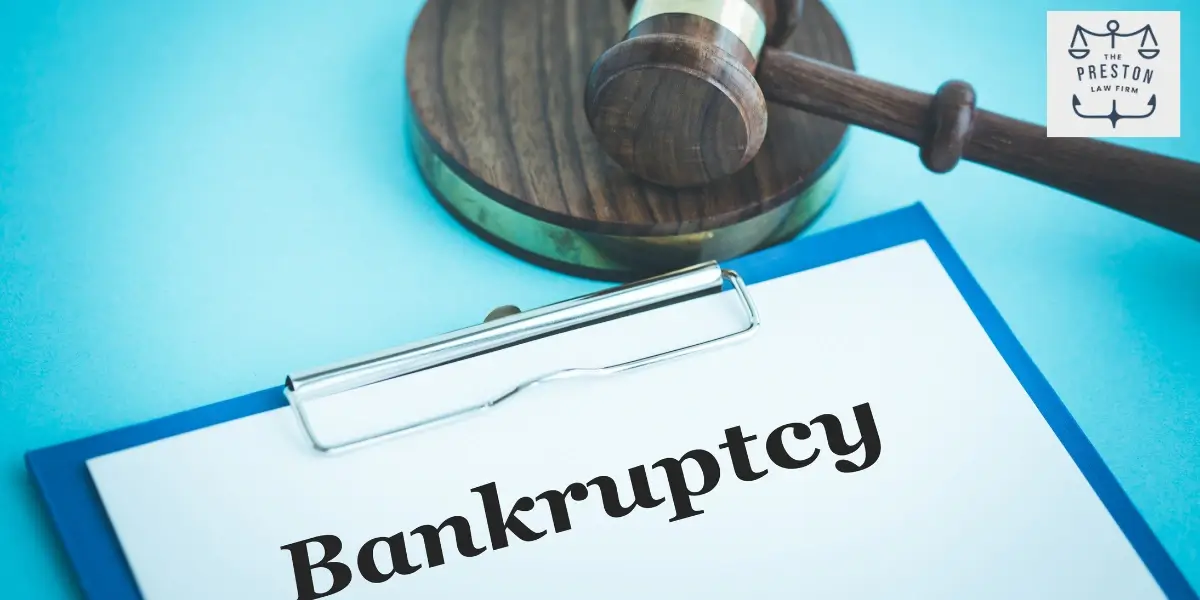Chapter 7 and Chapter 13 bankruptcy are two different types of consumer bankruptcy. Chapter 7, also known as a “liquidation” bankruptcy, allows individuals to discharge their unsecured debts, such as credit card debt and medical bills, but they might have to liquidate some assets to pay off the creditors. On the other hand, Chapter 13, also known as a “reorganization” bankruptcy, allows individuals to keep their assets and pay off their debts over a period of three to five years through a repayment plan proposed to the court. Eligibility and exemptions vary depending on the type of bankruptcy and the specific laws of the jurisdiction. Contact us to determine which is best for you.
New Smyrna Beach Bankruptcy Lawyer

New Smyrna Beach Bankruptcy Attorney
We understand that financial struggles can be overwhelming, and we are here to help guide you through the process of filing for bankruptcy.
There are two main types of consumer bankruptcy: Chapter 7 and Chapter 13.
Chapter 7, also known as a “liquidation” bankruptcy, allows individuals to discharge their unsecured debts, such as credit card debt and medical bills.
Chapter 13, also known as a “reorganization” bankruptcy, allows individuals to keep their assets and pay off their debts over a period of three to five years.
The Preston Law Firm has extensive experienced lawyers in helping individuals navigate the bankruptcy process. We will work with you to determine which type of bankruptcy is best for your specific situation, and will guide you through every step of the process in Florida.
If you are struggling with overwhelming debt, please contact our office to schedule a consultation. We are here to help you find a solution.


The Preston Law Firm
Experience the Difference. Choose an Estate Planning Law
Firm Dedicated to You and Your Family.
Bankruptcy FAQ’s
We understand that the process of filing for bankruptcy can be confusing and overwhelming. That’s why we’ve compiled a list of frequently asked questions to help guide you through the process. Here you will find information on the different types of bankruptcy, eligibility requirements, the impact on your credit, and more. We hope that this information will help you make an informed decision about your financial future. If you have any further questions, please don’t hesitate to contact our office to schedule a consultation.
Preparing for Bankruptcy
Preparing for bankruptcy can be a complex process, but working with a bankruptcy attorney can make all the difference. Before filing for bankruptcy, it’s important to gather all of your financial records and understand your current financial situation. Our experienced legal team will help you determine the best course of action, answer any questions you have, and provide guidance and support throughout the entire process. With our help, you can feel confident and prepared as you take the first step towards a brighter financial future.
THE PRESTON LAW FIRM
If you find yourself in this or another similar situation, the Preston Law Firm has the knowledge and experience to assist you. Timing is critical, CLICK HERE to contact us today.


